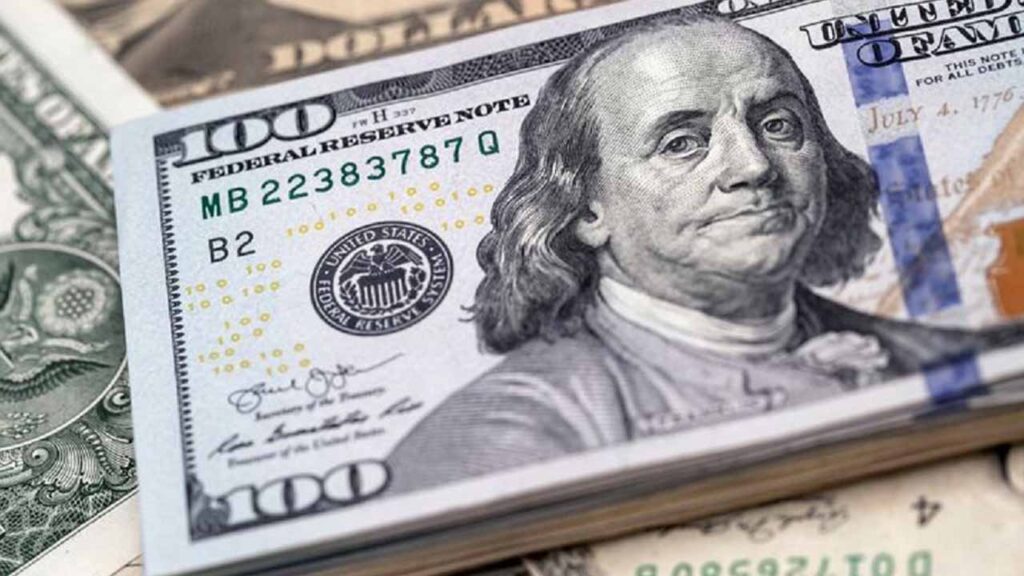- Web
- Feb 05, 2026
Pakistan sees net outflow of $38.5 million from foreign investors in T-bills
-

- Web Desk Karachi
- Jan 22, 2025

KARACHI: Foreign investments in Treasury bills (T-bills) have seen a decline, as outflows surpassed inflows in the initial ten days of January.
According to data released by the State Bank of Pakistan (SBP), foreign investors put in $51.978 million into T-bills by January 10, but withdrew $90.51 million, resulting in a net outflow of $38.5 million.
In December, the outflow was recorded at $156.1 million.
For the current fiscal year, spanning from July 1, 2024, to January 10, 2025, foreign investments in T-bills totalled $963.4 million against withdrawals of $821.4 million, leading to a net inflow of $142 million.
The recent monthly outflows suggest a diminishing interest from foreign investors in the country’s bonds, largely attributed to falling returns. Last month, the SBP reduced the policy rate by 200 basis points to 13 percent, marking the fifth consecutive cut since June and totalling a reduction of 900 basis points for 2024.
According to analysts, the outflows from T-bills are primarily due to higher maturities of these instruments exceeding the amount being raised through T-bills. However, they also note that Pakistan’s stable exchange rate helps mitigate currency risk, preventing larger outflows.
Political uncertainty, declining yields drive foreign investors away from Pakistan’s T-bills
Pakistan’s external account has shown signs of improvement, bolstered by a $7 billion loan programme from the International Monetary Fund (IMF).
The country reported a current account surplus of $1.2 billion in the first half of the 2025 fiscal year (July-December), a recovery from a deficit of $1.397 billion during the same period last year, due to increased remittances and exports.
Furthermore, repatriation of profits and dividends from foreign investments surged by 114 percent, reaching $1.215 billion during the first half of the current fiscal year (January-December). Last fiscal year, restrictions were implemented on profit repatriation to protect the country’s rapidly declining foreign exchange reserves.
Currently, the SBP’s foreign exchange reserves are at $11.73 billion, enough to cover over two months of imports. Recently, the United Arab Emirates (UAE) rolled over $2 billion in deposits with the SBP for another year, which were due to mature this month.
Pakistan is also in the process of securing a $1 billion loan tranche from the IMF as part of its Extended Fund Facility programme. An IMF mission is set to visit Islamabad next month for the first review of the current loan arrangement.




